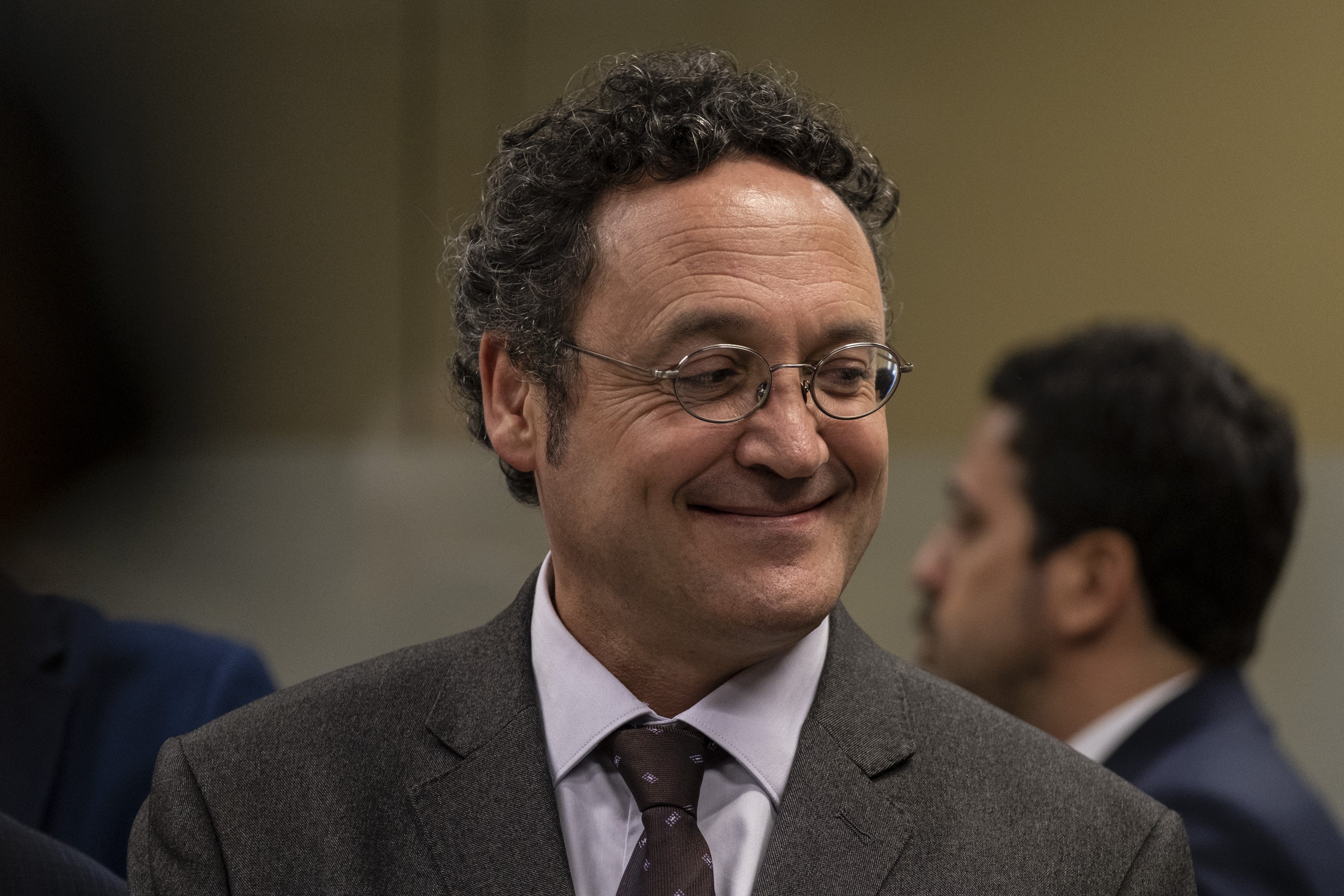Division among Spanish prosecutors over the amnesty. In the end, the public prosecutor's office will request a full amnesty for Carles Puigdemont, Oriol Junqueras, Toni Comín, Lluís Puig, Jordi Turull, Raül Romeva and Dolors Bassa, convicted or accused of misuse of public funds, after this was ratified by the Board of Prosecutors, senior organ of the institution, which aligned itself with the position of prosecutor general Álvaro García Ortiz, but only just: in favour, nineteen prosecutors (eighteen plus the prosecutor general) and against, seventeen. At the end of the meeting, which lasted more than five hours, this is the firm and final decision, which amends the position taken by the four Supreme Court prosecutors, opposed to including misuse of funds offences within the scope of the amnesty. Spain's senior court prosecutors therefore mostly agree that the events of the Catalan independence process and the October 1st referendum did not cause "personal enrichment of a patrimonial nature" and did not directly affect the financial interests of the European Union; although in any case, the prosecutor general has the final say and could have imposed his views. Now, however, Fidel Cadena, Javier Zaragoza, Consuelo Madrigal and Jaime Moreno have been removed from the case and García Ortiz has appointed his number two, the lieutenant prosecutor of the Supreme Court, Ángeles Sánchez Conde, and the chief prosecutor of the Supreme Court's criminal chamber, Joaquín Sánchez-Covisa, as prosecutors in charge of signing the report and defending the position of the prosecution service before judges Pablo Llarena and Manuel Marchena. Tomorrow is the deadline for submissions to the judges.
After the Supreme Court prosecutors expressed their refusal to request an amnesty for misuse of funds offences on May 30th and reiterated their decision days later, last Friday the prosecutor general ordered them to defend that all crimes linked to the October 1st referendum "are included" in the scope of the amnesty and that, therefore, all the leaders of the Catalan independence process must be amnestied. In his report, 133 pages long, he questioned the judgment of the four Supreme Court prosecutors and argued that "patrimonial damage to the administration, resulting from the crime of misuse of funds, is not comparable to personal enrichment of a patrimonial nature". This thesis is the one that ended up gaining the majority. García Ortiz made it clear that "as long as the person responsible for the crime of misuse of funds had limited himself to diverting public funds with the sole purpose of financing, paying for or facilitating the calling and/or celebration" of the 2014 or 2017 polls, it must be considered that this conduct falls within the scope of the rule "by legal imperative". Anything other than that "contradicts the will of the legislator and the literal tenor of the articles".
Regarding the alleged impact on the financial interests of the European Union, he stated that it is difficult to "accept" that the conduct was a "serious threat". "The hypothesis that the secession of Catalonia, if it were to happen and be viable, would have effectively affected the interests of the EU is difficult to prove, since the specific terms in which this imaginary event could have taken place are unknown and whether Catalonia would have reached any specific economic agreement with the European Union", he concluded.
A little later, the four Supreme Court prosecutors responded by ratifying their position line by line and questioning the prosecutor general's directive. They reprimanded the state prosecutor for arguments that were "manifestly insufficient to legitimize the viability and compliance with the legality of the order given" and asserted that his order was "improper and contrary to the laws because it was not "in line with the most elementary criteria of legal logic and criminal legality required in the interpretation and application of the rules".
Prosecutor general accuses Supreme Court trial prosecutors of playing politics and "compromises" neutrality of their office
However, the prosecutor general's text was forceful: he rebuked the "political and ideological assessments" of the Supreme Court prosecutors and called them "a mere expression of a personal conviction with which the public prosecutor's office can never identify". In addition, he accused them of using "totally inappropriate" arguments that "went beyond a strictly legal plane" and "compromised the necessary image of neutrality and impartiality of the public prosecutor's office". "Amnesty is an institution recognized by the law of the Union, and it is difficult to say that the approval of an amnesty law is contrary to the principles of separation of powers and judicial independence", he argued. And he fired a final barb to the four prosecutors in the process: "Not a single objective argument is provided that allows us to conclude that the organic amnesty law does not contribute to the achievement of its objective."
Arguments of Supreme Court prosecutors to oppose amnestying misuse of funds offences
And what did the prosecutors say about the independence process? They argued that the members of the Catalan government in 2017 "stole for themselves public funds in the form of millions of euros", which implied a "personal enrichment", since "they were able to dispose of public funds for their illicit purposes". They argued that "the misuse of public funds resulted in a patrimonial benefit for the authors", given that they were allocated to "the preparation, development and realization of their illegal and unconstitutional project for the disintegration of Spain, which produced them an undoubted patrimonial benefit". In addition, they argue that the misuse of public funds posed a "risk of a territorial fracture of the EU and the consequent decrease in revenues and funds that are part of its budget" and, consequently, "has a negative impact on the financial interests of the Union".

